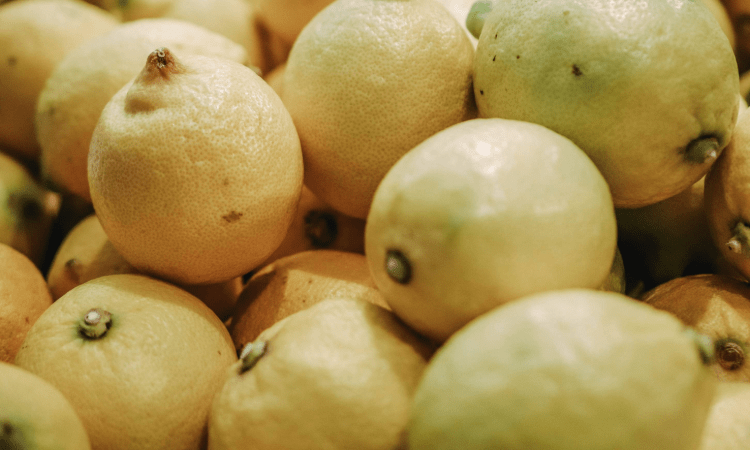
BLOG
KATEGORİDEKİ DİĞER YAZILAR

Turkey is among the lemon-producing countries exporting lemons abroad. However, pesticides used in agriculture to increase productivity and provide protection may occasionally exceed limits and pose a risk to food safety. In recent years, high pesticide residues have been found in lemons from Turkey during inspections in the European Union and other export markets, leading to the need for stricter controls.
In Hatay, 55 tons of lemons being prepared for export were found to contain residues of pesticides banned for use in Turkey and were destroyed. Pesticide residues can harm human health and cause serious problems in export markets. In particular, the European Union detected banned pesticides in lemons imported from Turkey and sent these products back.
In order to prevent such problems and offer reliable products, pesticide analysis of lemons is of great importance. Nanolab Laboratories Group provides services in food analysis with its wide accreditation scope and experienced staff. Nanolab, which specializes in food testing, helps manufacturers and exporters to offer reliable products by detecting pesticide residues in lemons.
Pesticides are chemicals used to protect agricultural products from harmful insects and diseases. However, unconscious and excessive use can bring the following risks:
Pesticide analysis is of great importance for lemon producers and exporters to create a sustainable market. Thanks to regular tests:
As a laboratory specialized in food analysis, Nano Lab tests pesticide residues in lemons with the most sensitive methods. With its advanced equipment and international accreditations, Nano Lab offers the following testing services.
Nanolab Laboratories Group continues to provide services within the scope of Pesticide Analysis. We also provide services in Organic Food Analysis.
Contact us for more information.
You can follow us on LinkedIn for up-to-date news and posts about our services.
Follow our Instagram account to be informed about our latest blog posts.